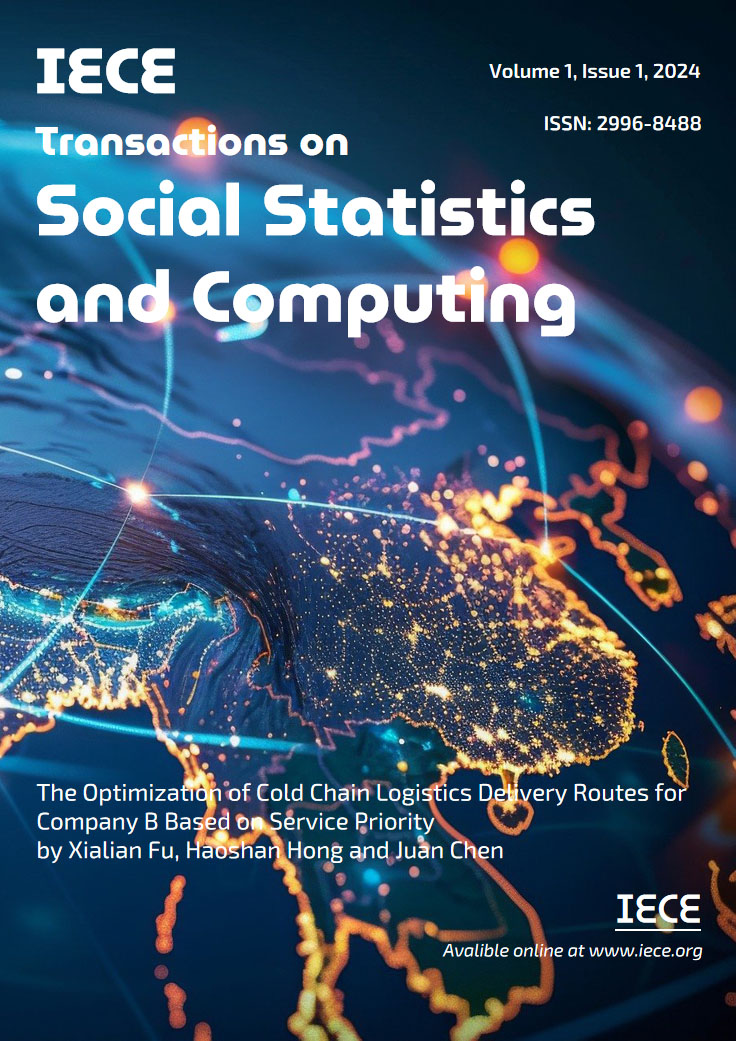Abstract
In public health emergencies, the property personnel of the community have become a key line of defense to ensure the safety of residents. However, in practice, it has been observed that there is often a significant mismatch between the characteristics of these personnel and their roles during such emergencies. The behavior of these employees at work is influenced by various factors. This study, beginning with grassroots personnel, aims to explore the impact of their perception of workplace marginalization on their organizational citizenship behavior. Additionally, the study analyzes the moderating effect of inducement to provide theoretical guidance for emergency management practices.Through data analysis, it has been found that the perception of workplace marginalization among these personnel has a negative impact on their organizational citizenship behavior. Furthermore, organizational incentives do not serve as a moderating factor in this relationship.
Keywords
Workplace marginalization
Organizational citizenship behavior
Organizational inducement
Public health emergencies
Property management personnel
Funding
Key research platforms and projects for universities in Guangdong Province, China (2023WQNCX111); Research fund project of Software Engineering Institute of Guangzhou (ky202234).
Cite This Article
APA Style
Ouyang, Y., Yu, M., Wang, Y., Cai, X., & Ye, H. (2024). The impactof workplace marginalization on organizational citizenship behavior of property management personnel in public health emergencies. IECE Transactions on Social Statistics andComputing,1(1),9–14. https://doi.org/10.62762/TSSC.2024.106925
Publisher's Note
IECE stays neutral with regard to jurisdictional claims in published maps and institutional affiliations.
Rights and permissions
Institute of Emerging and Computer Engineers (IECE) or its licensor (e.g. a society or other partner) holds exclusive rights to this article under a publishing agreement with the author(s) or other rightsholder(s); author self-archiving of the accepted manuscript version of this article is solely governed by the terms of such publishing agreement and applicable law.


 Submit Manuscript
Edit a Special Issue
Submit Manuscript
Edit a Special Issue
